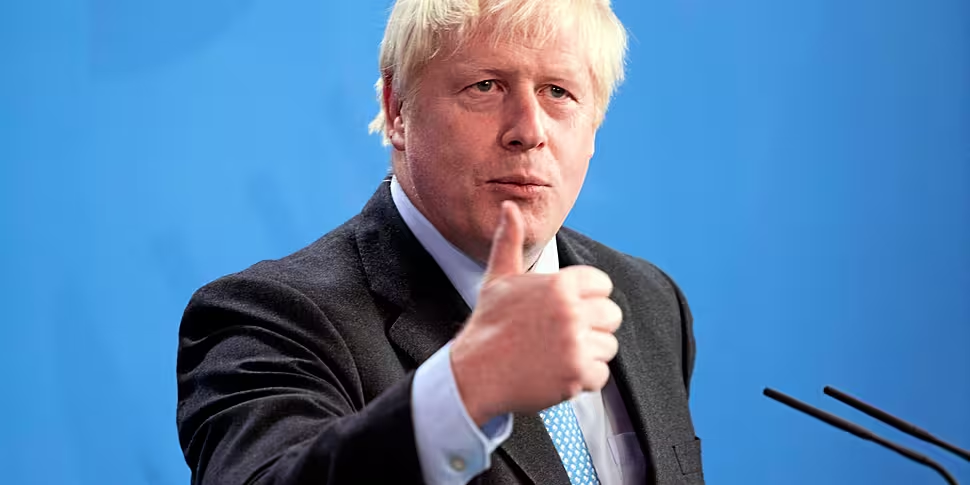British Prime Minister Boris Johnson narrowly won a confidence vote by his own Conservative Party as there is no clear successor to take the leadership.
That's according to Philip Webster, former political editor of The Times London.
He was speaking after 211 British MPs voted for Mr Johnson on Monday, compared to 148 votes against - a majority of 63.
He needed 180 of his 359 MPs to vote for him in order to stay on as party leader and prime minister.
As a percentage, more MPs voted against him than former British prime ministers Margaret Thatcher, Theresa May and John Major.
Mrs Thatcher resigned just two days after winning the first round of a vote, and Mrs May resigned six months after winning hers.
Mr Major, however, went on to fight an election a few years after being challenged.
Mr Johnson claimed the "convincing" and "decisive" result means the government can "move on".
He said he was "certainly not interested in snap elections" in order to gain a new mandate from the public.
"What this means tonight is that we can focus on what we're doing to help people on the cost of living, with what we are doing to keep streets and communities safer," he said.
"It gives us the chance to unite, strengthen and level up our economy," Mr Johnson added.
'Not a Cabinet of strong figures'
But Mr Webster told Newstalk Breakfast there seems to be no one else to take the reins.
"The British Cabinet of today is not the kind of cabinet we've had in the past.
"This is not a Cabinet of strong figures: one of the reasons why it probably didn't go over 180 last night was that there was no obvious candidate there to succeed Boris Johnson if he was removed last night.
"Had there been an obvious successor, I think the figure would have been even higher".
He says the next big test will be by-elections later this month.
"He's damaged beyond repair - but the question with Boris Johnson is when will he recognise this? Will he recognise this? Will it take something else to force him out?
"And the answer is almost certainly yes: will be it be the two by-elections on June the 23rd?
"Is that the point at which the Cabinet says to Boris Johnson 'Sorry you really have got to go, we cannot serve you' - that's what happened in Margaret Thatcher's case way back in 1990".
While Mr Webster says a big-name resignation could also collapse the British government.
"You wonder if there's going to be some big gesture today by one of the few big beasts that there are in the UK cabinet.
"Could one of them decide to go today? Would that bring the whole house toppling down?
"It might indeed if it was the Chancellor Rishi Sunak, but there's no sign of that happening at the moment".
Additional reporting: IRN









